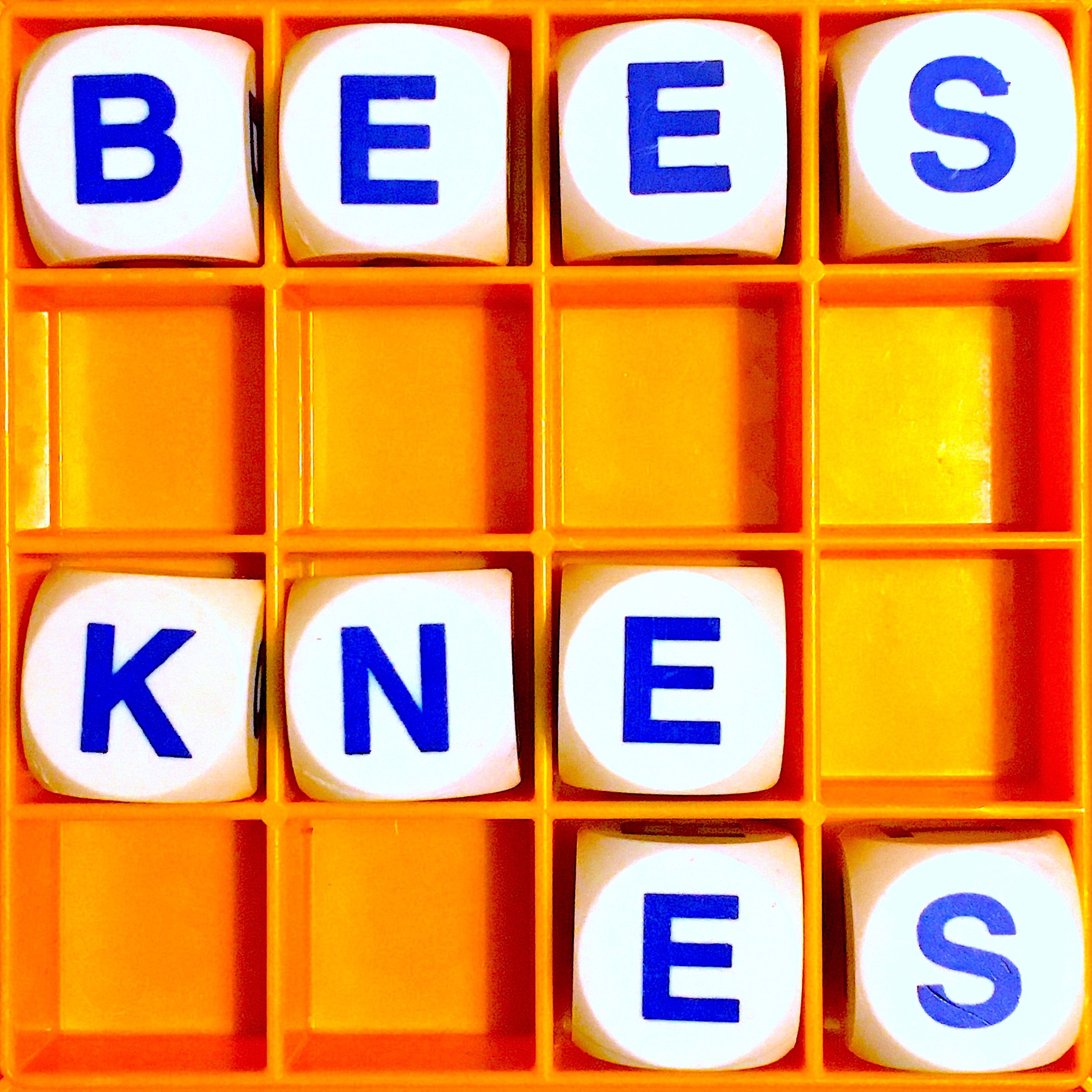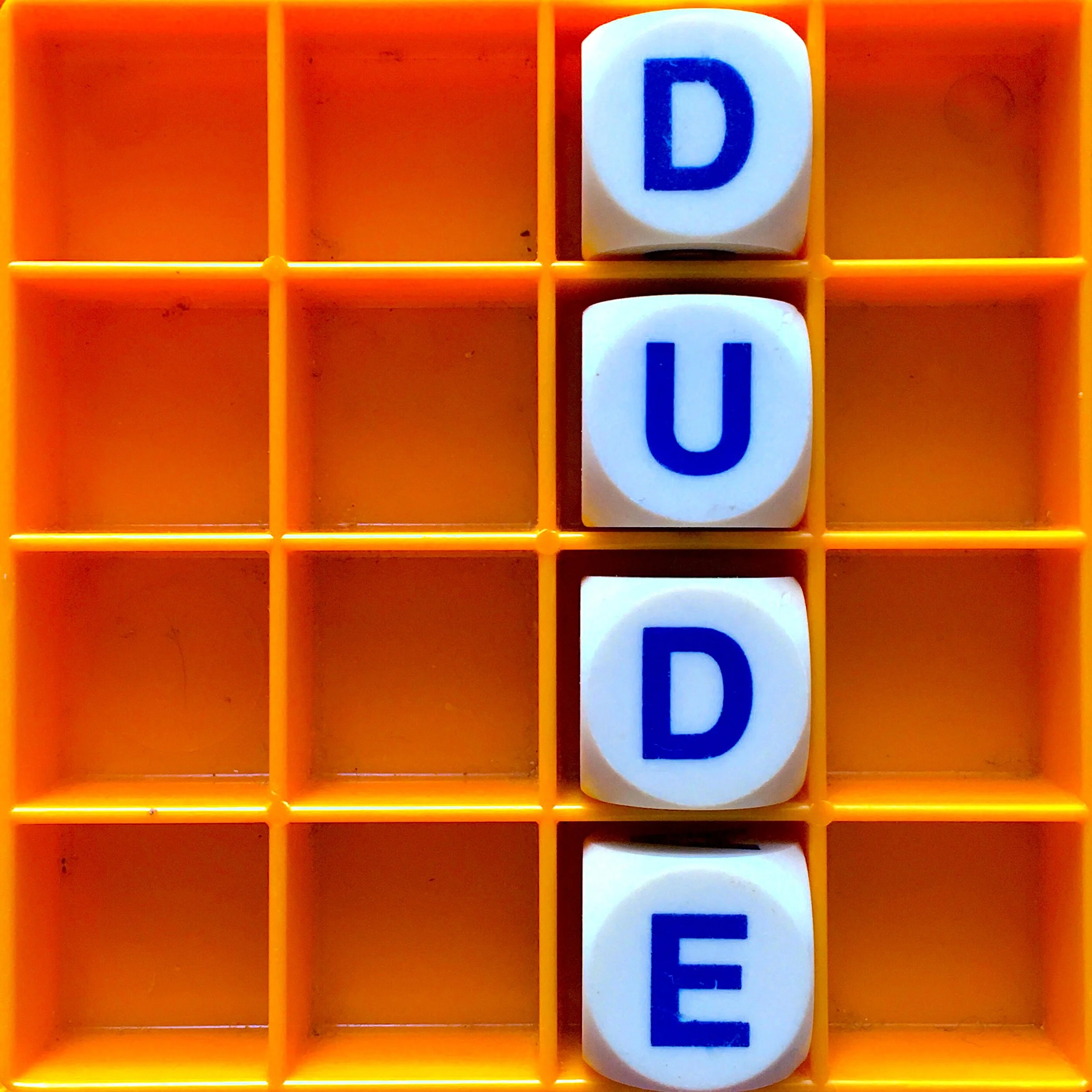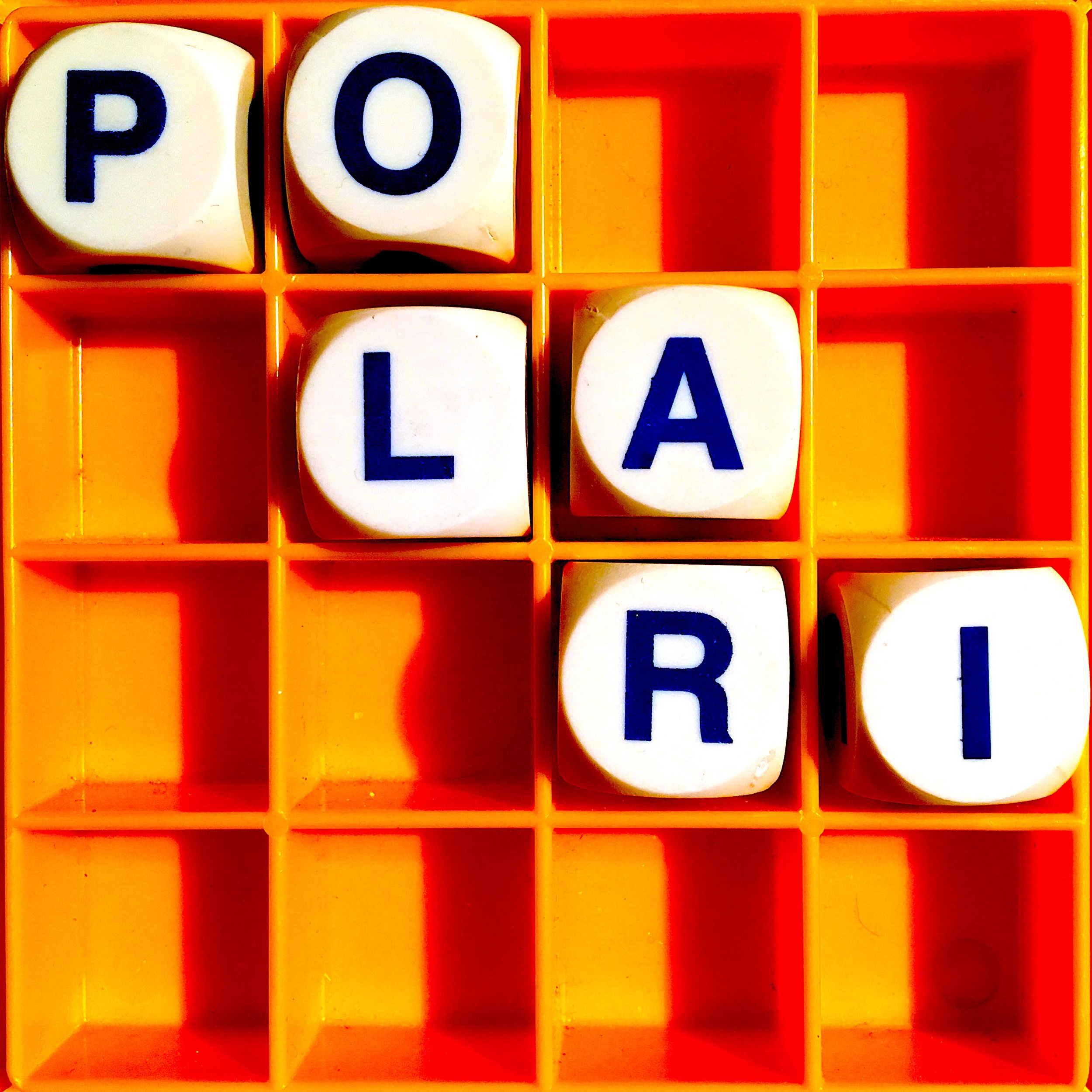Since 2019, Marwan Kaabour has been collecting Arabic slang words used by and about queer people, first for the online community Takweer, and now the newly published Queer Arab Glossary. "When researching for this book, I discovered so much of the sociopolitical, cultural, linguistic, and historical layers that make up the words," he says. He also discovered quite a lot about frying, white beans and worms (metaphorical ones).
Read moreAllusionist 159. Bufflusionist
Grab your stake and crucifix pendant, we're going vampire-hunting! Well, vampire-etymology-hunting. The podcast Buffering the Vampire Slayer, which recaps the TV show Buffy the Vampire Slayer episode by episode, invited me to answer their listeners' questions of language that the show had provoked. Together with BVTS hosts Kristin Russo and Jenny Owen Youngs, I tackle the etymology of coven, vampire/vampyre, wigging out, the name Buffy and Bovril; as well as google as a verb, conlang on TV, and why Latin is so often the language of spells and spookiness.
Read moreAllusionist 151. The Bee's Knees
Bad hats, cat's pyjamas, banting, goops, creatures, and playing possum - what WERE people going on about during the Golden Age of detective fiction? Caroline Crampton of Shedunnit podcast and I get sleuthing into the slang of the mystery novels of the 1920s and 1930s.
Read moreAllusionist 141. Food Quiz
Quiz time! Samin Nosrat and Hrishikesh Hirway of Home Cooking podcast join to deliver questions about food etymology, as well as what are the two words that make a dance track, and whether 'za' is an acceptable abbreviation for 'pizza'.
Play along and keep track of your score using the interactive scoresheet further down this post.
Read moreAllusionist 137. Dude
Exclamation; sign of agreement OR disapproval; gendered, but circumstantially gender-neutral; term of endearment: 'dude' can do it all! But its connotations of a laid-back, cool, masculine person are only a few decades old; before that, it meant...an uptight city-dwelling tourist?? Dude, seriously!
Read moreAllusionist 100. The Hundredth
To mark the 100th episode of the Allusionist, here’s a celebratory parade of language-related facts.
Read moreAllusionist 99. Polari
When there were no safe spaces to be gay, Polari allowed gay men to identify and communicate with each other, and to keep things secret from outsiders.
Professor Paul Baker, author of the Polari dictionary and the upcoming book Fabulosa! The Story of Polari, Britain’s Secret Gay Language, explains how Polari emerged from criminal cant and London’s theatres and docks to be used a code language for gay men in the oppressive 1950s - and then, not long after, it entered the slang lexicons of the general public, via popular sketch comedy and the mouth of an annoyed princess.
Read moreAllusionist 91. Bonus 2018
Throughout the year, the people who appear on the Allusionist tell me a lot of interesting stuff. Not all of which is relevant to the episode they initially appeared in, so I stash it away in preparation for this moment: the annual bonus episode! Get ready for gory 19th century London slang, the rise and fall of superhero capes, the post-WW1 trend for nudism, and more.
Read moreAllusionist 81. Shark Week
What is the expression 'beyond the pale' on about? How do you express the absence of feeling? Does 'testify' have anything to do with testicles? Do avocados have anything to do with testicles? How does the phrase "It's all Greek to me" relate to food styling? Can you have a caper with capers? Are sharks misunderstood, etymologically and morally? And finally: where do allusions come from?
Read moreAllusionist 76. Across the Pond
Pavement/sidewalk; football/soccer; bum bag/fanny pack: we know that the English language is different in the UK and the USA. But why? Linguist Lynne Murphy points out the geographical, cultural and social influences that separate the common language.
Read more








